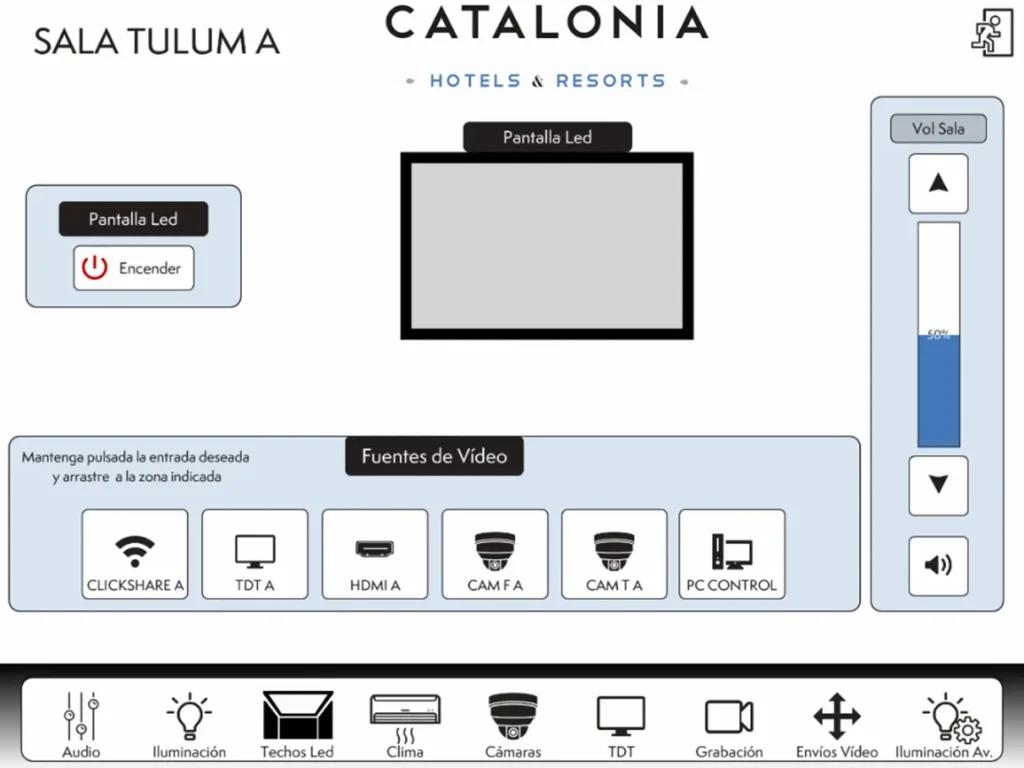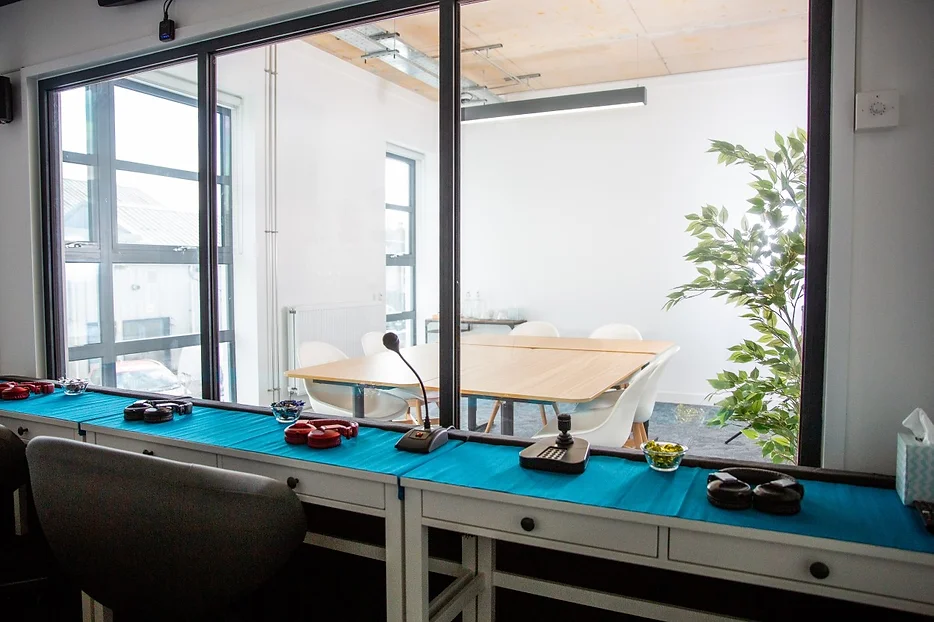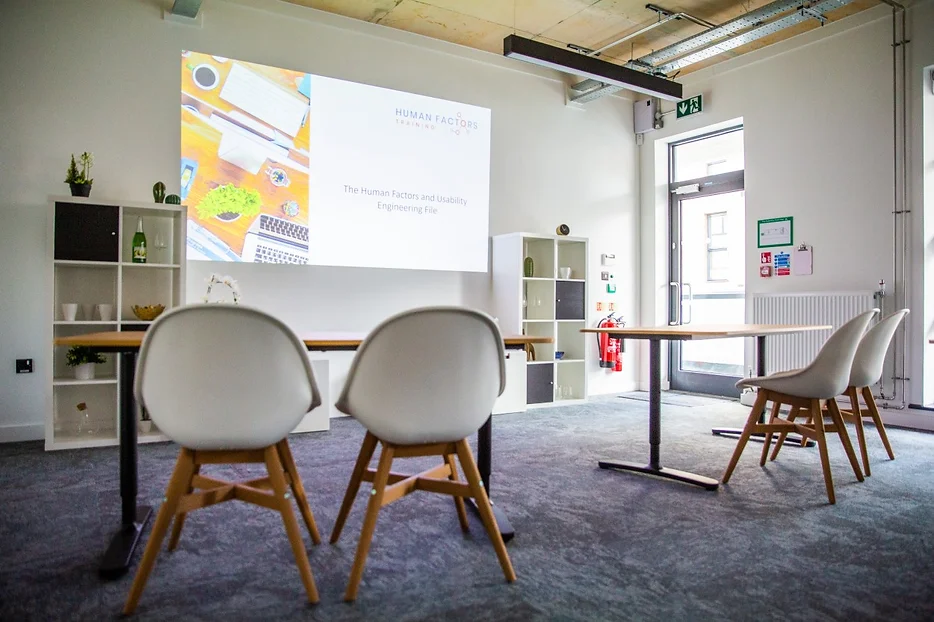Dear ADENA Partners, there are plenty of rooms at the Catalonia Hotels & Resorts any time of year, equipped with AREC LS-200 Media Stations! Thanks to the efforts of our distributor, AVIT Vision, and system integrator, Instronic, event spaces across all buildings of this hotel chain throughout Spain are undergoing a major technological transformation. Learn how a combined solution featuring AREC, AMX and Gude control and automation systems, Biamp audio DSPs, and other leading brands creates a comprehensive, efficient, and innovative setup for hotels in our latest case study.
Catalonia Hotels & Resorts is one of the primary hotel chains in Spain, with 80 establishments across more than 25 different locations. It has a particularly strong presence in Barcelona, where it operates over 3000 rooms. The brand is one of the top choices in the Spanish market for hosting events.
To maintain its reputation and the high standards customers expect, the hotel chain decided to modernise its event spaces. The goal was to enhance the technological capabilities of meeting rooms by equipping them with the best audiovisual solutions, incorporating advanced communication, audio, video, and lighting technologies. To achieve this, they turned to well-known AV experts — our distributor, AVIT Vision, and system integrator, Instronic. With technology provided by AVIT Vision, Instronic designed a comprehensive and scalable solution, with AREC Media Stations at its core, now implemented in all event rooms across the hotel chain.
The LS-200 Media Station was selected for live streaming and event recording. This two-channel device allows users to seamlessly combine multiple audio and video signals, recording and streaming them as complete videos. The station not only produces a fully composed video with user-generated overlay logos and background images, but also provides individual source recordings for post-editing and other purposes. Designed with the end user in mind, the LS-200 is extremely easy to operate and offers a wide range of control options, including support for customisable control solutions such as AMX, which was used in this case. HDMI matrices from AVPro Edge were integrated as video sources, enabling a variety of computers, cameras, and other devices to be combined and sent to the Media Stations, while Biamp TesiraForté DAN CI DSP units delivered pristine audio. Finally, Gude Systems products were used to automate all processes, reducing operational burdens, ensuring efficient resource use, and providing an uninterrupted experience for users.
The resulting solution significantly enhanced the quality and technical capabilities of the Catalonia Hotels & Resorts event spaces, setting a new benchmark for others in the sector.
Are you working on a meeting space yourself ? Discover how you can improve it with AREC today by contacting us at www.a-dena.com — we are always ready to assist you!


.png)




































